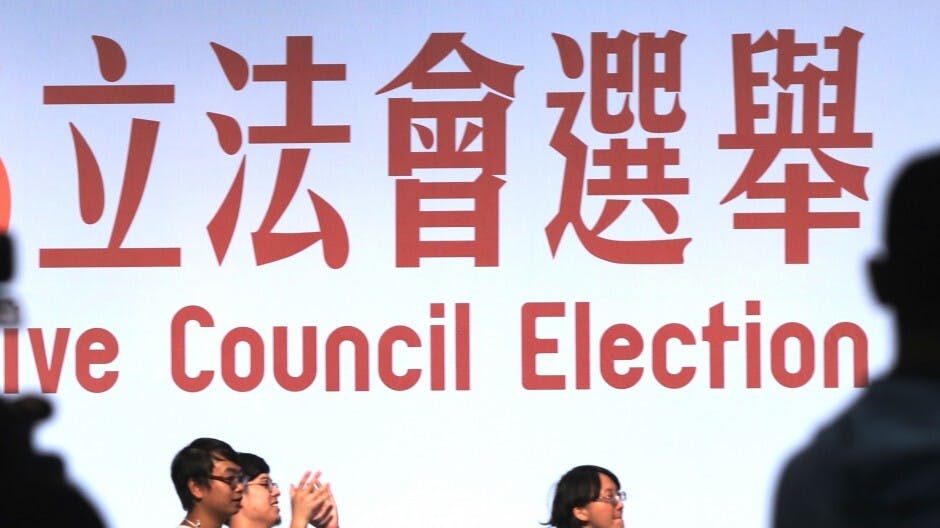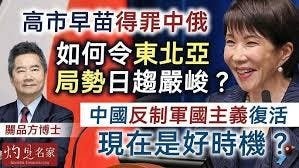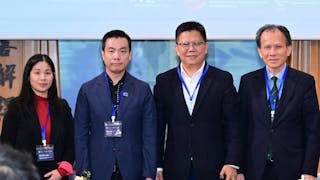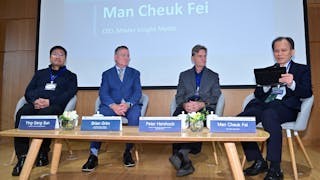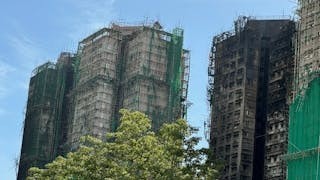Cover Photo: Legco Election 2016 (eyepress)
First, let me congratulate Hong Kong people over the Legislative Council election which proved to be a watershed in the development of politics in the SAR. The record high of 2.2 million voters was testimony to the political involvement and maturity of our people. Many voters were casting their ballots for the first time, meaning that they realized it was their civic duty to vote in such an important poll. No longer can we be accused of political “apathy” — that oft-used criticism is now firmly relegated to yesteryear as being obsolete and irrelevant. Those critics who poured scorn on the public’s “apathy” lacked vision and ignored the evolution of political awareness on the part of many Hong Kong people.
Second, the extent of generational change in both the pro-establishment and “pan-democratic” camps was amazing. A number of former incumbents and experienced legislators were defeated in direct elections, including Lee Cheuk-yan, Cyd Ho Sau-lan, Frederick Fung Kin-kee, Wong Kwok-hing, Raymond Wong Yuk-man, and Gary Fan Kwok-wai. On the other hand, many young candidates were directly elected, including Nathan Law, Yau Wai-ching, Jeremy Tam, Yung Hoi-yan, Baggio Leung, Lau Siu-lai, Eddie Chu, Kwong Chun-yu, Holden Chow and Cheung Kwok-kwan. Not surprisingly the extent of generational change was far more prominent in the “pan-democratic” camp than the pro-establishment side. The results reflected a drastic change in the perception of many voters, who appeared to be sick and tired of the legislative-executive impasse, which has been characterized by endless filibustering and unproductive meetings. The newly elected legislators must now ponder how they will hammer out solutions within the legislature from October onward in a more productive and harmonious manner. The message of the voters was clear — the old stick-in-the-mud politicians had to go, making way for younger minds and the initiatives we anticipate they will provide. And if there is the occasional stumble among the newly elected representatives, let us be prepared to give them the benefit of the doubt.
Upsets and surprising results
Third, despite the fact that both camps were deeply fragmented, the pluralistic competition among the two forces — even among those within the same political front — was fierce, to the extent that democratic elections are constantly characterized by the element of uncertain outcomes — this element could vividly be seen as one unexpected result followed another. A number of upsets and surprising results also emerged in the functional constituency elections, including Yiu Chung-yim’s victory in the Architectural, Surveying, Planning and Landscape constituency.
Fourth, apart from the deeply fragmented nature of all political camps, one of the most important features of the newfound electoral pluralism in Hong Kong was the inability of many established political parties to attract significant voter support. Many of the defeated former “heavyweights” came from such bodies as the Labour Party, the Association for Democracy and People’s Livelihood, Civic Passion and Neo-Democrats. On the other hand, the pro-establishment political parties, such as the Democratic Alliance for the Betterment and Progress of Hong Kong, New People’s Party and the Liberal Party, tended to perform better than the “pan-democratic” front. They were in general able to garner strong support at the grassroots level, as evidenced by the victories of their incumbents and also the newly groomed candidates in various constituencies.
The implication here is that the “pan-democratic” parties failed to galvanize support among many voters, who instead voted for young and independent candidates. This means our political parties must critically reflect on this new political phenomenon and thrash out a rescue plan to do better in future. Otherwise, the communication gap between many parties and voters, as demonstrated by the results, won’t bode well for the development of our politics. In other words, do voters prefer to support those activists involved in street protests and demonstrations instead of party candidates? If parties are expected to represent the interests of citizens and articulate their concerns through the existing political system, the election result is reflective of the “pan-democratic” parties’ poor performance in this respect.
Necessity of compromise
Fifth, senior government officials now must ponder a way forward to achieve a new breakthrough in executive-legislative relations. Voters were clearly dissatisfied with the way such relations have been handled. They must now reach out to this new crop of incoming lawmakers in a more proactive and constructive manner, and be more creative in hammering out compromises in dealing with new legislation and government policies. The forming of a new office to facilitate communication between the executive branch and LegCo should be considered, just like the former Office of the Unofficial Members of the Executive and Legislative Councils of bygone times. More informal meetings should be held between senior officials and legislators to foster trust and smoother relations. If not, political development will remain plagued by mutual distrust, personal animosities, bitter struggles inside and outside the legislature and even political gridlock.
Finally, the new legislators, especially the young “localists”, must learn the political necessity of compromise and negotiating in good faith. They must learn that political grandstanding, while good for dramatic media coverage, usually ends with legislative impasse, with the public being the big loser. Being a legislator also entails the responsibility of articulating voters’ interests and demands, and most importantly to legislate with the larger interest of the community in mind. Lawmakers will find that rational discussion and political moderation are far more likely to bring the results they seek.
We are authorised to republish the article from the China Daily (Asia).



